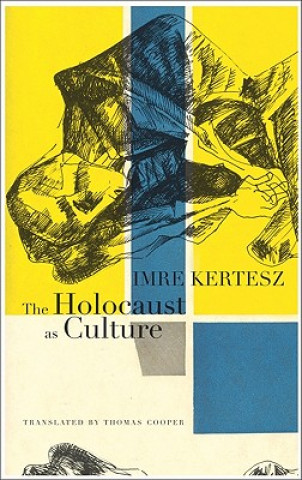
Kód: 04742518
Holocaust as Culture
Autor Imre Kertész
Hungarian Imre Kertesz was awarded the Nobel Prize in Literature in 2002 for "writing that upholds the fragile experience of the individual against the barbaric arbitrariness of history." His conversation with literary historian T ... celý popis
- Jazyk:
 Angličtina
Angličtina - Väzba: Pevná
- Počet strán: 112
Nakladateľ: Seagull Books London Ltd, 2012
- Viac informácií o knihe

16.98 €
Dostupnosť:
50 % šanca Máme informáciu, že by titul mohol byť dostupný. Na základe vašej objednávky sa ho pokúsime do 6 týždňov zabezpečiť.
Máme informáciu, že by titul mohol byť dostupný. Na základe vašej objednávky sa ho pokúsime do 6 týždňov zabezpečiť.Prehľadáme celý svet
Mohlo by sa vám tiež páčiť
-

Anglické frázové slovesá pre školy, kurzy i samoukov
6.54 € -31 % -
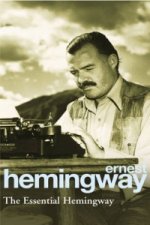
Essential Hemingway
11.14 € -7 % -

Master Medicine: Physiology
42.05 € -4 % -

Terrorism Documents of International and Local Control: Volume 89
215.90 € -

Politics and Reform in Spain and Viceregal Mexico
258.05 € -
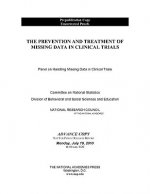
Prevention and Treatment of Missing Data in Clinical Trials
61.49 € -

Automotive Quality Systems Handbook
102.01 €
Darčekový poukaz: Radosť zaručená
- Darujte poukaz v ľubovoľnej hodnote, a my sa postaráme o zvyšok.
- Poukaz sa vzťahuje na všetky produkty v našej ponuke.
- Elektronický poukaz si vytlačíte z e-mailu a môžete ho ihneď darovať.
- Platnosť poukazu je 12 mesiacov od dátumu vystavenia.
Informovať o naskladnení knihy
Zadajte do formulára e-mailovú adresu a akonáhle knihu naskladníme, zašleme vám o tom správu. Postrážime všetko za vás.
Viac informácií o knihe Holocaust as Culture
Nákupom získate 42 bodov
 Anotácia knihy
Anotácia knihy
Hungarian Imre Kertesz was awarded the Nobel Prize in Literature in 2002 for "writing that upholds the fragile experience of the individual against the barbaric arbitrariness of history." His conversation with literary historian Thomas Cooper presented here speaks specifically to this relationship between the personal and the historical. In "The Holocaust as Culture", Kertesz recalls his childhood in Buchenwald and Auschwitz and as a writer living under the so-called soft dictatorship of communist Hungary. Reflecting on his experiences of the Holocaust and the Soviet occupation of Hungary, Kertesz likens the ideological machinery of National Socialism to the oppressive routines of life under communism. He also discusses the complex publication history of "Fatelessness", his acclaimed novel about the experiences of a Hungarian child deported to Auschwitz, and the lack of interest with which it was initially met in Hungary due to its failure to conform to the communist government's simplistic history of the relationship between Nazi occupiers and communist liberators. The underlying theme in the dialogue between Kertesz and Cooper is the difficulty of mediating the past and creating models for interpreting history. This title is taken from that of a talk Kertesz gave in Vienna for a symposium on the life and works of Jean Amery. That essay is included here, and it reflects on Amery's fear that history would all too quickly forget the fates of the victims of the concentration camps. Combined with an introduction by Thomas Cooper, the thoughts gathered here reveal Kertesz's views on the lengthening shadow of the Holocaust as an ever-present part of the world's cultural memory and his idea of the crucial functions of literature and art as the vessels of this memory.
 Parametre knihy
Parametre knihy
Zaradenie knihy Knihy po anglicky Humanities History History: specific events & topics
16.98 €
- Celý názov: Holocaust as Culture
- Podnázov: A Conversation with Imre Kertesz
- Autor: Imre Kertész
- Jazyk:
 Angličtina
Angličtina - Väzba: Pevná
- Počet strán: 112
- EAN: 9780857420220
- ISBN: 0857420224
- ID: 04742518
- Nakladateľ: Seagull Books London Ltd
- Hmotnosť: 242 g
- Rozmery: 133 × 212 × 14 mm
- Dátum vydania: 13. April 2012
Obľúbené z iného súdka
-

Man's Search for Meaning
7.05 € -7 % -

The Rape of Nanking
15.95 € -23 % -
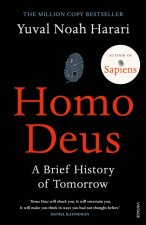
Homo Deus
12.78 € -24 % -

Delirious New York
30.07 € -16 % -
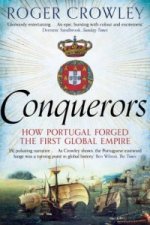
Conquerors
11.86 € -18 % -
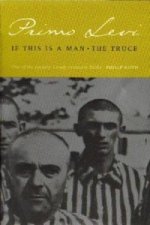
If This Is A Man/The Truce
14.42 € -23 % -
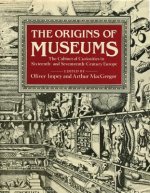
Origins of Museums
58.93 € -17 % -
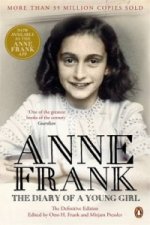
Diary of a Young Girl
10.12 € -22 % -
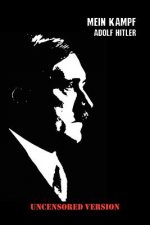
Mein Kampf
31.81 € -

Empires of the Sea
14.42 € -23 % -

Edge of the World
14.83 € -23 % -

Behemoth
21.68 € -
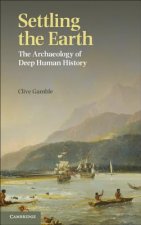
Settling the Earth
83.49 € -
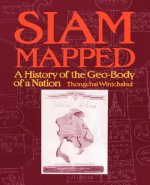
Siam Mapped
38.67 € -
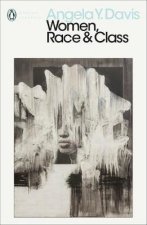
Women, Race & Class
10.02 € -23 % -

The Complete MAUS
18.72 € -14 % -
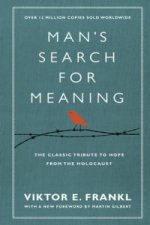
Man's Search For Meaning
16.57 € -23 % -
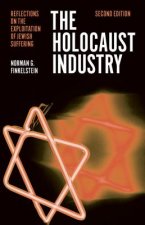
Holocaust Industry
12.37 € -15 % -
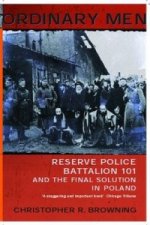
Ordinary Men
10.94 € -24 % -
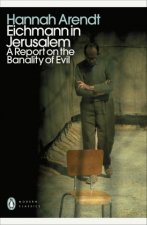
Eichmann in Jerusalem
11.04 € -23 % -

Bloodlands
12.88 € -24 % -

Brief History of Japan
14.01 € -18 % -

Secret Lives of Colour
14.62 € -24 % -

Scouting for Boys
10.84 € -20 % -
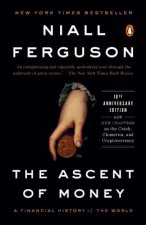
Ascent of Money
17.90 € -14 % -

Imperialism: The Highest Stage of Capitalism
7.46 € -13 % -
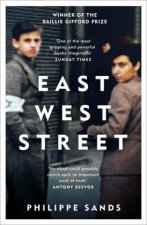
East West Street
10.22 € -24 % -

Mein Kampf - The Ford Translation
41.84 € -

Man's Search For Meaning
10.94 € -24 % -
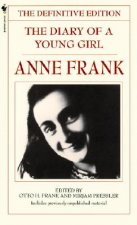
Diary of a Young Girl
9.61 € -
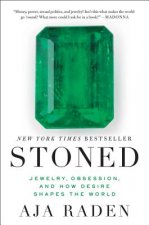
Stoned
11.14 € -23 % -
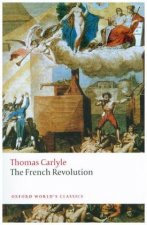
French Revolution
15.44 € -23 % -

Twelve Years a Slave
3.57 € -24 % -
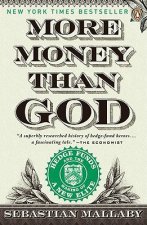
More Money Than God
18.61 € -17 % -
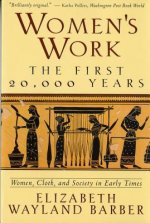
Women's Work
20.66 € -10 % -
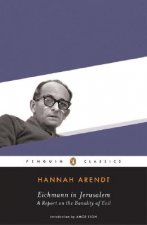
Eichmann in Jerusalem
15.34 € -21 % -
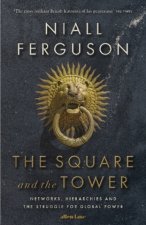
Square and the Tower
15.03 € -24 % -

My Mad Fat Diary
12.27 € -23 % -
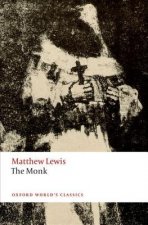
Monk
9.40 € -16 % -

History of the World in Twelve Maps
16.57 € -23 % -
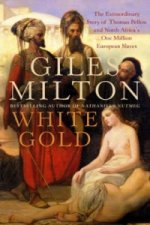
White Gold
14.42 € -23 % -
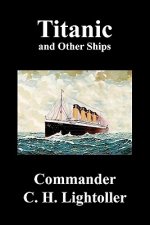
Titanic and Other Ships
13.91 € -

Golden Atlas
27.41 € -23 % -

Access to History for the IB Diploma Rights and protest Study and Revision Guide
37.75 € -
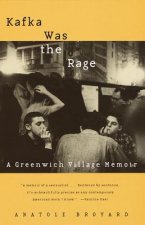
Kafka Was the Rage
16.05 € -8 % -

Better Angels of Our Nature
20.86 € -23 % -

Good Night Stories for Rebel Girls: 50 Postcards
15.65 € -5 % -
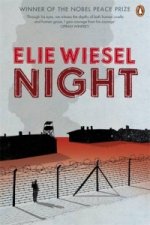
Night
11.14 € -23 % -

Victorian House
18.72 € -23 %
Osobný odber Bratislava a 2642 dalších
Copyright ©2008-24 najlacnejsie-knihy.sk Všetky práva vyhradenéSúkromieCookies


 21 miliónov titulov
21 miliónov titulov Vrátenie do mesiaca
Vrátenie do mesiaca 02/210 210 99 (8-15.30h)
02/210 210 99 (8-15.30h)